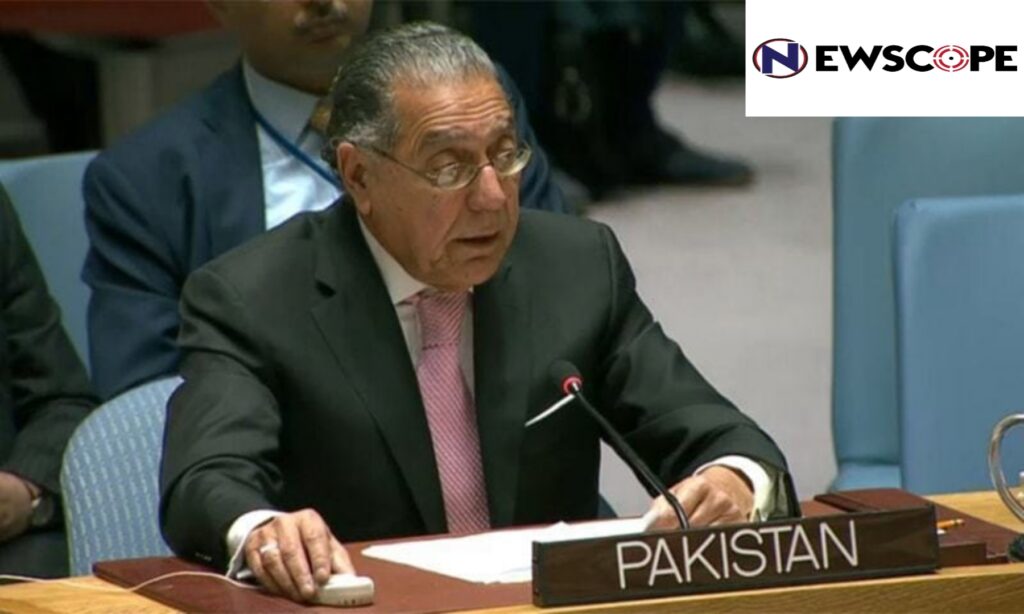Pakistan is set to chair the 1988 United Nations Security Council (UNSC) Sanctions Committee on the Taliban till 31 December, 2025, while also serving as one of the vice-chairs of the Counter-Terrorism Committee. The Security Council makes these appointments based on a consensus among current member-states.
Pakistan’s appointment to these UNSC subsidiary bodies came about a month-and-a-half after the 22 April terrorist attack in Jammu and Kashmir’s Pahalgam left 25 tourists and a Kashmiri local dead. India has said the attackers were trained and facilitated by Pakistan.
“In a significant diplomatic development, Pakistan has been appointed chair of the UN Security Council Committee established pursuant to resolution 1988 (2011), which oversees the implementation of the sanctions measures on the Taliban, and the vice-chair of the Counter-Terrorism Committee, which monitors the implementation of resolution 1373 (2001),” the Permanent Mission of Pakistan to the UN said in a statement Wednesday.
The Mission added, “These appointments represent an acknowledgement of Pakistan’s active engagement with the United Nations system including its constructive role as an elected member of the Security Council. They are also an international recognition of Pakistan’s counter terrorism efforts.”
The appointment as chair and vice-chair is made by the Security Council after a mutual decision is arrived at by the permanent and non-permanent members of the council.
Both the 1988 Sanctions Committee and the Counter-Terrorism Committee are subsidiary bodies of the UNSC. The permanent and non-permanent members of the Security Council become their members on an annual basis.
Pakistan was elected to a non-permanent seat in the UNSC for a period between 1 January, 2025, and 31 December, 2026.
India has been pushing its diplomatic case against Pakistan, particularly with members of the UNSC, following the Pahalgam attack. External Affairs Minister S. Jaishankar spoke with his counterparts in respective member-states (barring Pakistan, China and Somalia) and presented India’s case after the attack. Also, the government has sent seven all-party delegations, led by Members of Parliament, to capitals of all UNSC member states, except Pakistan and China.
The all-party delegations also travelled to member states of the UNSC that will be assuming five non-permanent seats starting 1 January, 2026. The five countries elected on 3 June for a two-year term between 2026 and 2027 are: Bahrain, Colombia, Democratic Republic of Congo, Latvia and Liberia. These countries will succeed current non-permanent members Algeria, Guyana, Republic of Korea, Sierra Leone and Slovenia.
Congress’ media and publicity department head Pawan Khera said the IMF gave USD 1 billion to Pakistan on May 9 during Operation Sindoor.
“World Bank decides to give USD 40 billion to Pakistan soon after Operation Sindoor. ADB gave USD 800 million to Pakistan on June 3, soon after Operation Sindoor,” he said on X.
And on June 4, Pakistan gets elected as Chairman of the UNSC Taliban Sanctions Committee and Vice Chairman of the UNSC Counter Terrorism Committee, he pointed out.
“Of course, this is the sad story of our own foreign policy collapse, but how can the global community allow this continuous legitimisation of sponsorship of terrorism by Pakistan?” Khera said.
